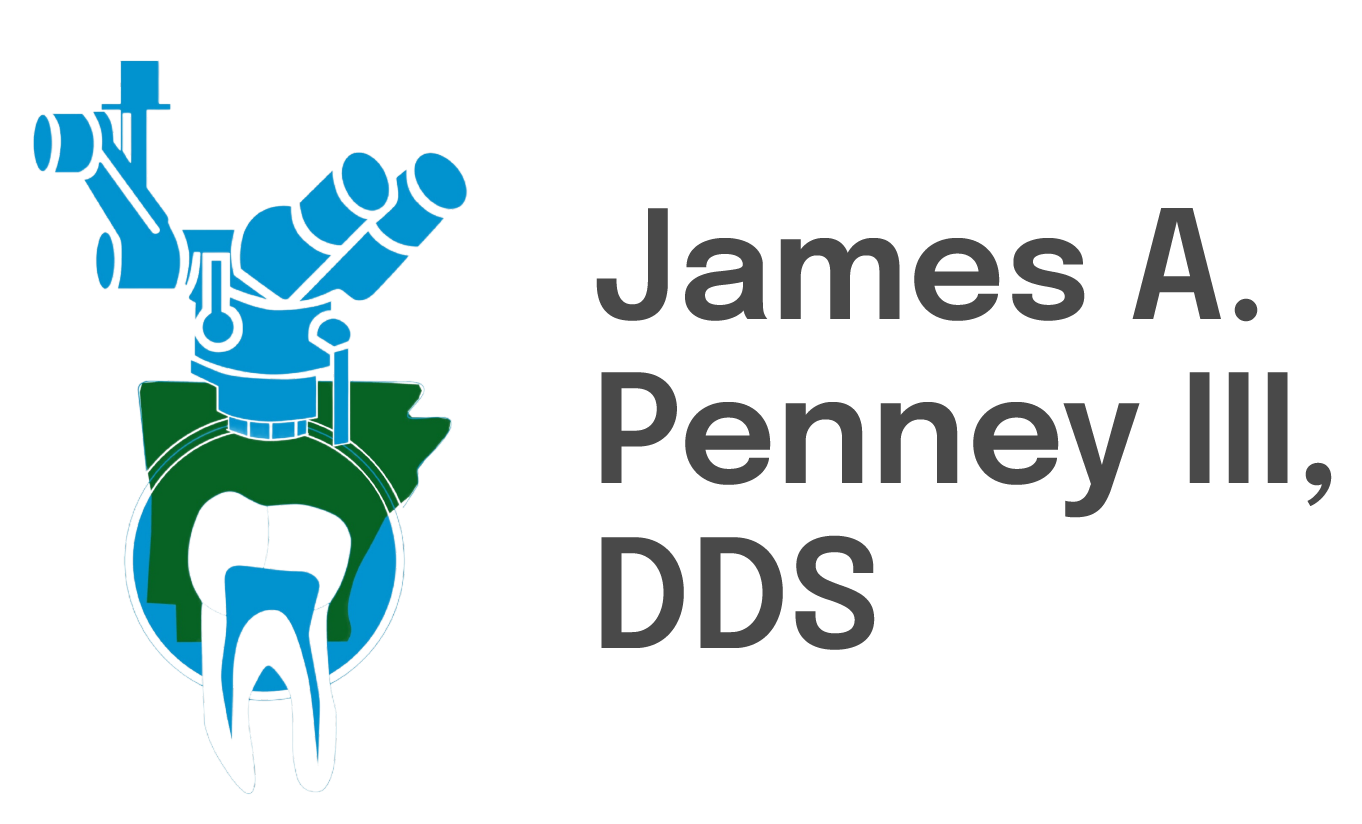Got a toothache? The first thing you want is to stop the pain. The next step is to figure out the cause so it doesn’t flare up again. A root canal procedure is often called for when the tooth has been compromised by breakage or decay. The nerve endings need to be removed so the tooth can function without causing pain.
Not all toothaches are the same. The kind of pain the patient is experiencing is essential to diagnosing the root cause of a toothache. Here are a few common types of tooth pain and what it tells you about your tooth.
Temperature sensitivity — but only for a moment.
The inside of your tooth is very sensitive to temperature. If you get tooth pain from eating frozen foods or hot drinks, it is a good signal that your tooth is not being properly guarded by the enamel.
Momentary sensitivity usually does not indicate that your tooth needs a root canal. Some of us just have sensitive teeth. Here is what we recommend:
- Ask your doctor about a special toothpaste for sensitive teeth.
- Brush softer. Vigorous brushing, or brushing too close to eating and drinking, can wear down your enamel instead of building it up. Think “massage” rather than “brush” when you brush your teeth.
If the momentary sensitivity continues, tell your dentist.
Temperature sensitivity after a dental procedure.
After you undergo a dental procedure, you want to know that your tooth is healing correctly. So a sharp pain when your tooth is exposed to hot or cold temperatures may be alarming.
Temperature sensitivity is normal after a dental procedure. Like we said, the inside of your tooth is very sensitive to temperature. A dental procedure can temporarily inflame the sensitive pulp, causing pain. It is best to wait six weeks. If the sensitivity continues, tell your dentist.
Sharp pain with any pressure on the chewing surface.
Not only is the inside of your tooth sensitive to temperatures. It is where all the nerves of your tooth are located. So any damage to the enamel will stimulate pain.
The sharp pain you experience every time you chew usually indicates a significant compromise in the protective outer layer of your tooth. This could mean the tooth has decay, a loose filling, or is cracked. Schedule an appointment with your dentist as soon as you can.
